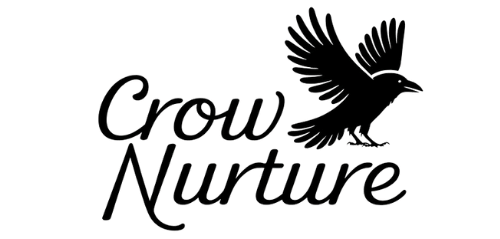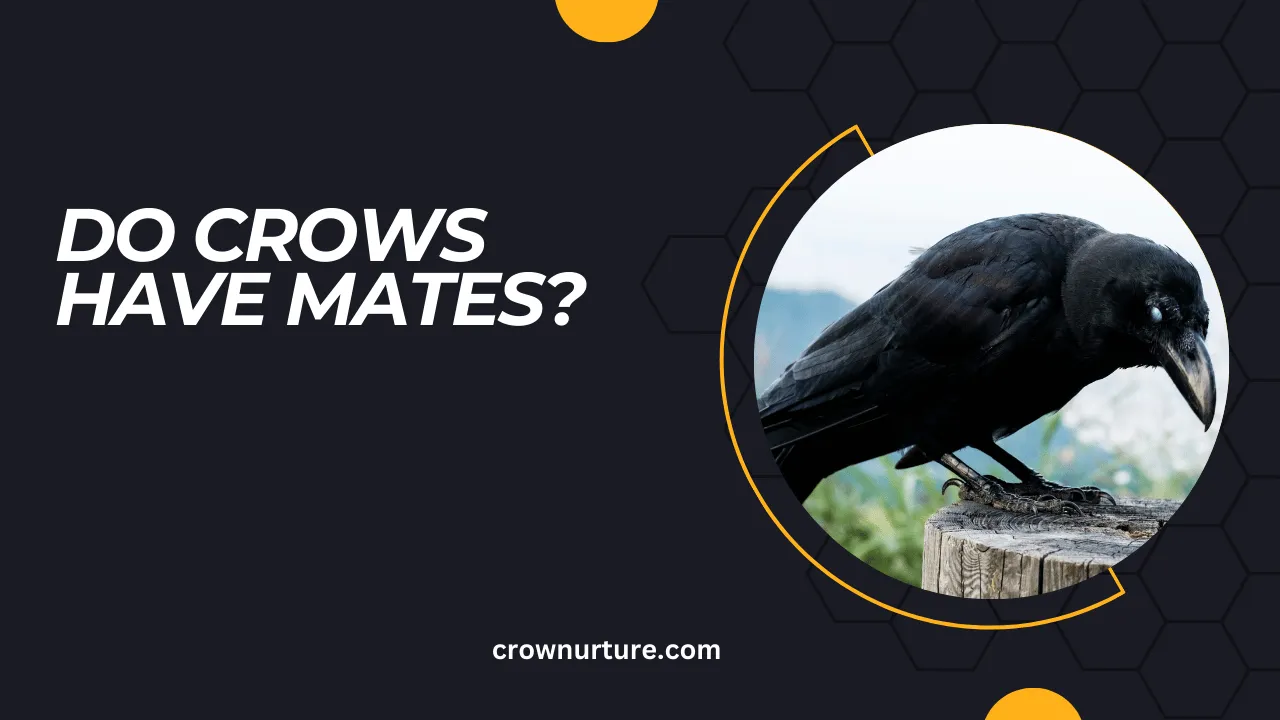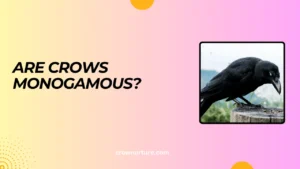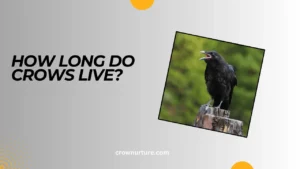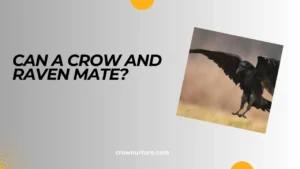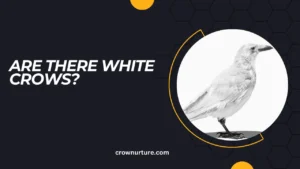Crows are not only among the most intelligent birds on the planet, but they also have deeply intricate social lives. Their relationships, particularly their mating habits, are an often-overlooked aspect of their fascinating existence.
Have you ever wondered whether crows have mates and what these relationships look like? The answer reveals a remarkable side of these birds that goes beyond their reputation as clever scavengers.
In the wild, finding and keeping a mate can be critical for survival, especially for species that depend on cooperation for raising their young. Crows are exceptional in this regard, forming bonds with their partners that can last for years.
These relationships are not just about procreation; they reflect the intelligence, teamwork, and social complexity that crows are known for. Understanding the dynamics of crow mating behavior gives us insight into their survival strategies and their role in the ecosystem.
By learning about their strong pair bonds, cooperative breeding, and shared responsibilities, we begin to see crows not just as birds but as highly evolved social beings. Their stories remind us of the intricate beauty of nature’s relationships.
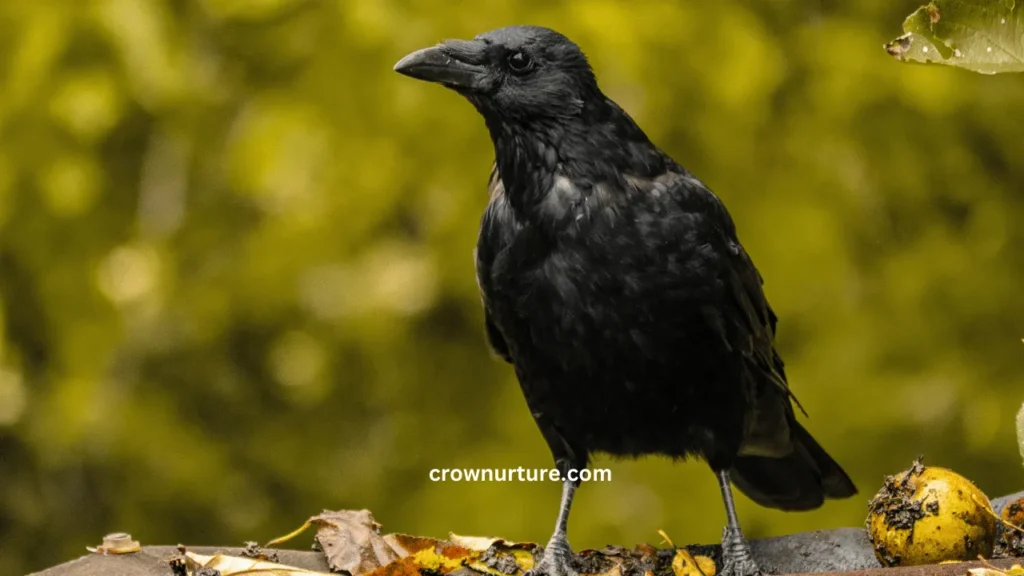
Contents
1. Social Structure of Crows
- Complex Social Systems: Crows live in structured communities with hierarchical systems. This social framework allows them to work together for food, protection, and even raising young. Their social bonds extend beyond pairs, as they often include extended family members in their groups.
- Flocking Behavior: In winter, crows gather in large communal roosts, sometimes numbering in the thousands. These gatherings serve as safe resting spots and allow crows to exchange information about food sources.
- Communication: Crows have a sophisticated system of vocalizations and body language. They use calls to signal threats, express emotions, and even coordinate with their mates during cooperative activities like nest building.
2. Mating Rituals and Pair Bonding
- Courtship Behaviors: The journey to finding a mate starts with elaborate displays. Males perform aerial acrobatics, sing unique songs, and offer food to females as part of their courtship rituals. These behaviors showcase their health and commitment.
- Pair Bond Formation: Once a pair forms, their relationship is strengthened through mutual preening, synchronized movements, and cooperative tasks. These actions are essential in forming the trust and teamwork needed for raising young.
- Monogamous Relationships: Crows are predominantly monogamous, with pairs often staying together for life. Their loyalty ensures stability and cooperation, which are vital for their reproductive success.
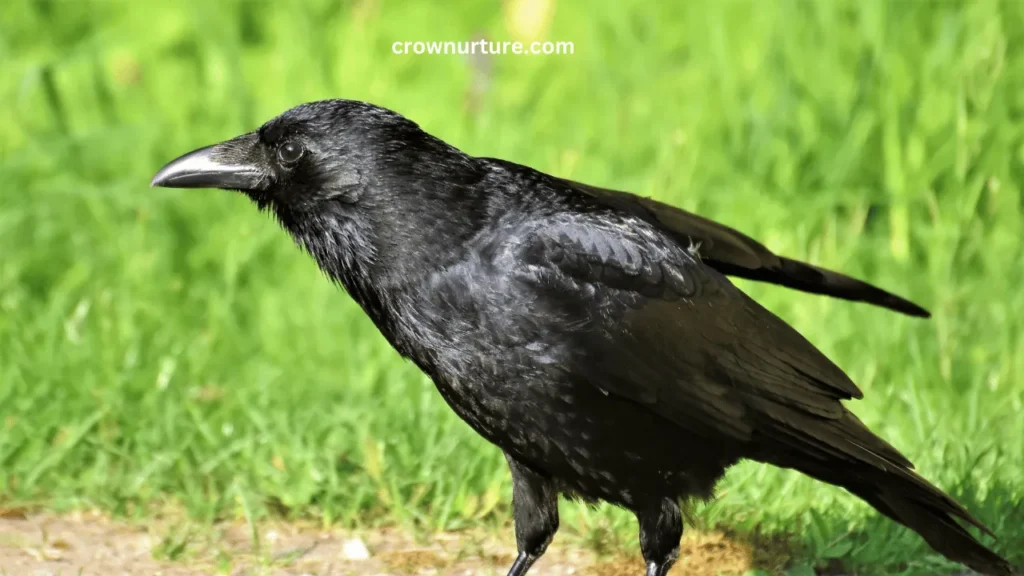
3. Cooperative Breeding
- Shared Parental Responsibilities: Unlike many bird species, crows share parenting duties equally. Both partners contribute to building the nest, incubating eggs, and feeding the chicks.
- Helping Behaviors: Crows are known for their cooperative breeding strategies. Non-breeding individuals, often the offspring from previous years, help the breeding pair by gathering food and defending the nest.
- Advantages of Cooperation: This collective effort increases the survival rate of the chicks and reduces the workload for the parents. Cooperative breeding is one of the reasons why crows have adapted so successfully to diverse environments.
4. The Role of the Mate
- Nest Building: Nest construction is a team effort. Both partners gather materials such as twigs, grass, and feathers to create a secure and comfortable home for their young.
- Incubation and Brooding: The female primarily incubates the eggs while the male provides food and protection. Once the chicks hatch, both parents share the responsibility of keeping them warm.
- Food Provisioning: After the chicks are born, the parents work tirelessly to gather food. They bring a mix of insects, seeds, and other resources to ensure the young grow strong.
- Defense of Territory: Mates collaborate to defend their nest from predators. They use alarm calls and mobbing tactics to deter threats like hawks, snakes, or other birds.
5. Why These Relationships Matter
- Survival Advantage: The strong pair bonds between crows are crucial for their reproductive success. By working together, they can better protect their young and ensure the continuation of their species.
- Social Intelligence: The way crows interact with their mates and extended families highlights their advanced cognitive abilities. These birds aren’t just surviving—they’re thriving through teamwork and social cohesion.
- Ecosystem Balance: As scavengers and predators of insects, crows play a vital role in maintaining ecological balance. Their ability to raise healthy offspring ensures that they continue contributing to this balance.
Conclusion
Crows aren’t just birds with sharp minds; they are creatures with strong emotional bonds and complex social lives. Their mating habits reveal an extraordinary world of teamwork, loyalty, and cooperation.
From choosing a mate through elaborate rituals to raising young with shared dedication, their behaviors underscore the intelligence and adaptability that make them successful across various habitats.
These strong relationships not only aid in their survival but also have broader implications for the ecosystems they inhabit. By learning about crow partnerships, we gain a new respect for these often-misunderstood birds.
They teach us that nature’s relationships are intricate, purposeful, and profoundly meaningful.
FAQs
1. Do crows mate for life?
Yes, crows are known for forming long-term, monogamous bonds. If a mate is lost, however, they may re-pair with another individual.
2. How do crows choose their mates?
Crows select mates through a combination of courtship displays, physical fitness, and compatibility. Factors like mutual grooming and food sharing help establish bonds.
3. How long do crow pairs stay together?
Many crow pairs stay together for life, continuing to work as a team across multiple breeding seasons.
4. Do male crows participate in parenting?
Yes, male crows are highly involved in parenting. They help with nest building, food provision, and defending the nest from predators.
5. What happens if one mate dies?
If one mate dies, the surviving crow often finds another partner to continue breeding and raising young.
6. Do crows ever break up with their mates?
It’s rare, but pairs may separate if they fail to breed successfully or face external pressures like habitat changes.
